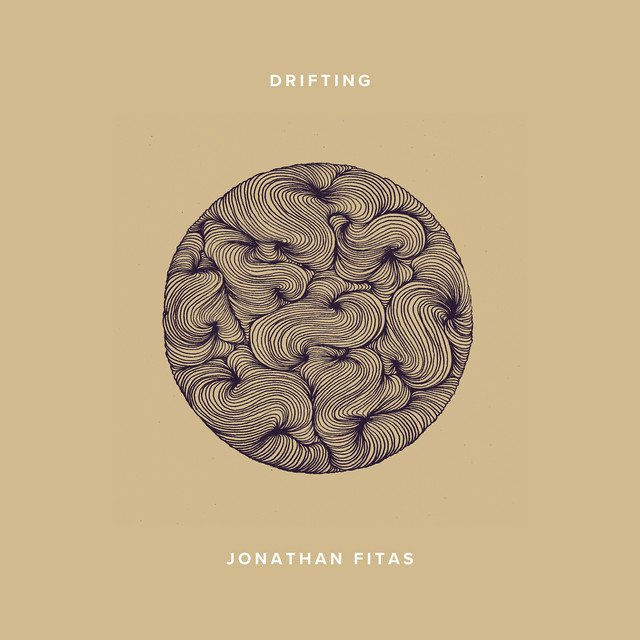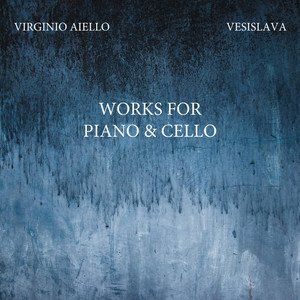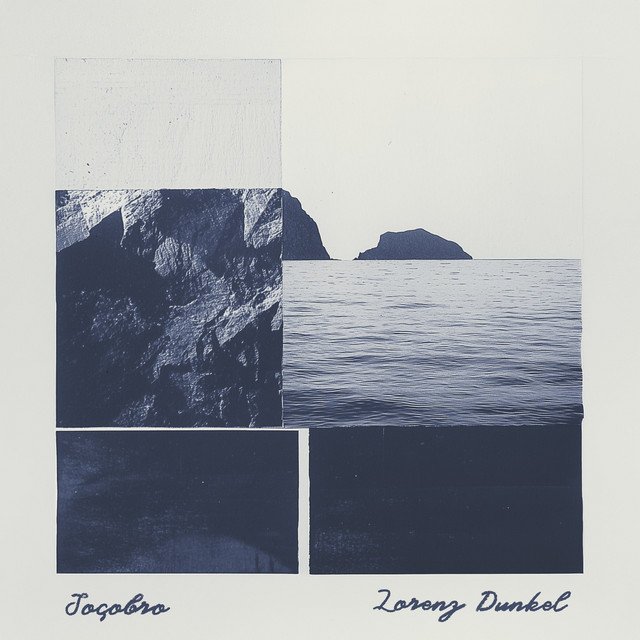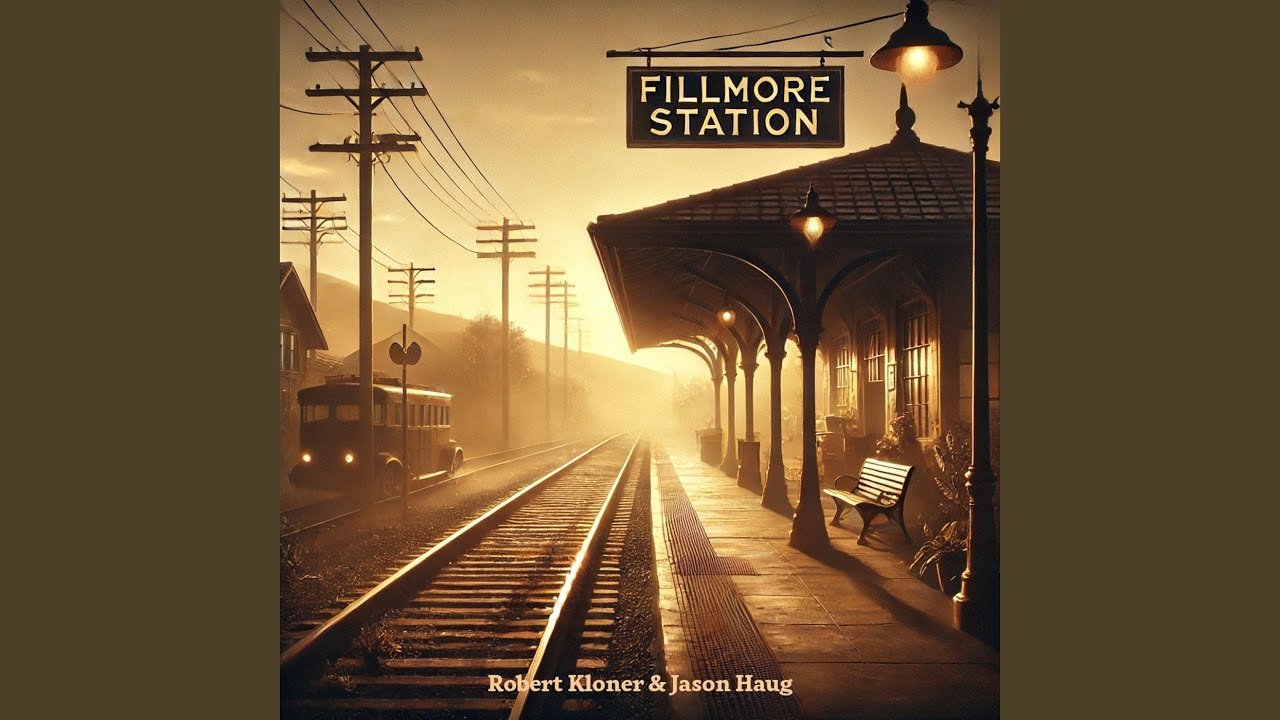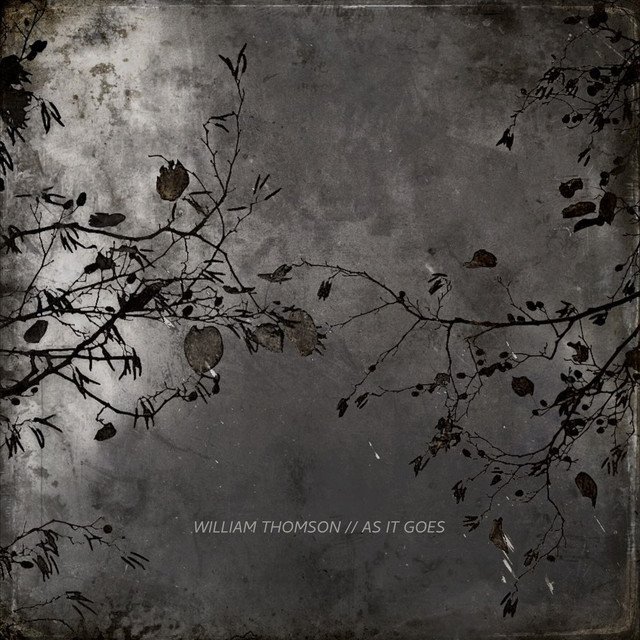Neoclassical Music ⁞ New Releases⁞ Artist Interviews⁞ Music News
Introduction of Neoclassical Music
Neoclassical music is a style of classical music that is characterized by its use of traditional forms and styles, as well as a focus on structure and balance. It is often seen as a reaction against the romantic style of music, which was characterized by emotion and passion, and was influenced by the ideas of the Enlightenment, which valued reason and classical learning.
Some of the key features of neoclassical music include the use of traditional forms such as sonata form, the use of clear and concise melodies, and the incorporation of elements of folk music and popular music. Neoclassical music also often featured a return to tonality, which is the use of a specific key or tonal center in a piece of music.
The neoclassical style has had a lasting influence on classical music, and it continues to be an important part of the classical repertoire
Favorite Neoclassical Music on Spotify
Favorite Neoclassical Videos on Youtube
Recent Neoclassical Interviews
Sam Miller Interview on Nagamag
Nagamag:
What are the genres that describe better your music style?
Sam Miller:
Chamber folk-pop for most of my music with words and Neo-Classical for my instrumental works.
Nagamag:
Few words about your musical background and career?
Sam Miller:
I've been a sideman in rock bands for years and during the COVID lockdown I started recording classical music, which is my current direction. I play bass, guitar and piano.
Nagamag:
Do you remember your first connection of love to music that was the right impact to be a music artist now?
Sam Miller:
I re-discovered my love of music when I started playing piano after college. During that time I was also immersed in a song-writing community, which had a great effect on my creative sensibilities.
Nagamag:
Most artists have a favorite song from a different music genre than the one they are producing music for... Which is yours?
Sam Miller:
Hyri "Work of the Devil"
Nagamag:
Of Course Nagamag would love to listen also which track from a similar artist you admire?
Sam Miller:
Laura & Anton "Castles in the Air"
In Void Interview on Nagamag
Renault to the left & Peugeot to the right
Nagamag:
What are the genres that describe better your music style?
In Void:
Neo-classical mainly. Also punk rock, opera and anything with accordians.
Nagamag:
Few words about your musical background and career?
In Void:
Renault: I was a modern artist in the truest sense of the word. Some paint with a brush, others with a pallet knife or sponge, I, well...I paint with myself, if you get my drift. I dip my manly member in paint and let my passion be my guide. I dazzled the tourists for years on the streets of Mont Martre, singing opera arias all the while and even playing accordian while painting with my "all natural brush". It would seem that some of my female admirers were a bit too dazzled however, and a jealous husband threw me into the Seine, and when I crawled out, I saw the wretched face of Peugeot. From that moment on, we were inseparable.
Peugeot: I was the lead singer of a French punk band called "The Flaming Maggots" or "Les Asticots Enflammes" for a few years. We had a couple hit songs-maybe you've heard "Merde, merde merde!" or "Ton cul est tros grand! Va t'en, va t'en!". Then, I woke up one morning, hungover in a back alley of Paris and vomited on the person next to me, who turned out to be Renault, et voila, the rest is history.
Nagamag:
Do you remember your first connection of love to music that was the right impact to be a music artist now?
In Void:
Renault: I saw Mozart's "Don Giovanni" as a small garcon, and thought, "mon dieu, I want to grow up to be such a man! So many conquests, and set to such lovely music."
Peugeot: My dearly departed mother was a Sex Pistols groupie and so I heard their fine, skillful and passionate music every day in utero. I have sought to emulate them in thought, word and deed ever since. To this day, I wake up at 1pm every day to their masterpiece, "Frigging in the Rigging".
Nagamag:
Favorite book?
In Void:
Renault: Les Miserables, L'Etranger, Lolita, O Calcutta
Peugeot: One Fish, Two Fish, Red Fish, Blue Fish
Nagamag:
Best shag ever?
In Void:
Peugeot: Brigitte Bardot or Queen Elizabeth. Too close to call.
Renault: Lady Gaga, hands down.
Nagamag:
Most artists have a favorite song from a different music genre than the one they are producing music for... Which is yours?
In Void:
Mozart (This is Renault's pick of the week, from his favorite opera, Don Giovanni. In this aria, the servant, Leporello lists his master Don Giovanni's thousands of other conquests in an effort to "console" a woman whose heart he has just broken. The piece is very near and dear to Renault's heart, for obvious reasons.) Madamina, il Catalogo
Nagamag:
Of Course Nagamag would love to listen also which track from a similar artist you admire?
In Void:
Sex Pistols Anarchy in the UK
Neoclassical Features
Drifting – Jonathan Fitas
“Mesmerizing and incredibly calming atmosphere of this piano beauty engage deeply within first notes. Harmonic structure and composition is done in a beautiful way, reminiscing the movie themes with its depth that can be felt within this blissful keys. Joyful mood is definitely something to hold on to.”
-Nagamag.com
Vesislava – Virginio Aiello
“Μέσα από τα δάκρυα μας βγαίνει μια μελωδία τόσο θλιμμένη και μελαγχολική. Το κρύο του χειμώνα μας διαπερνά αλλά η μελωδία που μας καταλαβαίνει ζεσταίνει τελικά την ψυχή μας. Οι νότες του βιολιού μας παρηγορούν και ηρεμούν το νου μας τόσο επιδέξια και μαγικά. Ο ρυθμός υπομονετικά και ήσυχα σαν τις νιφάδες του χιονιού που πέφτουν από ψηλά.”
-Nagamag.com
Latest Neoclassical discoveries
Music Review: Alex Solely – Alone (Live) | Neoclassical Release
Πόση ηρεμία και γαλήνη μας μεταφέρει αυτή η μελωδία. Εισχωρεί μέσα μας με τόση ευκολία και κάνει τους χτύπους της καρδιάς μας... >>> Read full review & listen to the song on Nagamag #cinematic #nagamag #musicmagazine #musicreview #review
Fresh Find Review: Oxiroma – Hug & Hold the Ocean (Piano Version) | Neoclassical Discovery
Μέσα από αυτή την υπέροχη μελαγχολική μελωδία βρίσκω την ευκαιρία να μιλήσω με ειλικρίνεια στον εαυτό μου. Οι μαγικές νότες τ... >>> Read full review & listen to the song on Nagamag #neo #modernclassical #cinematic #epicmusic #solopiano #oxiroma #cyprus #nagamag #musicmagazine #musicreview #review
Music Critique: Martin Martyn – Diary | Neoclassical Review
Η ηρεμία της όμορφης αυτής μελωδίας εισχωρεί μέσα σου και μαλακώνει τις πληγές σου. Όλα μοιάζουν τόσο απλά και εύκολα τώρα κα... >>> Read full review & listen to the song on Nagamag #neo #modernclassical #martinmartyn #japan #nagamag #musicmagazine #musicreview #review
Release Critique: “Intermezzo 1” by Lorenz Dunkel | Neoclassical Review
World of ethereal melodies of this gentle piano themes is really enchanting. Its harmonic piano structure brings depth of emo... >>> Read full review & listen to the song on Nagamag #piano #nagamag #musicmagazine #musicreview #review
Feature Review: Karen Salicath – The LIght of Angel Seraphiel | An essential Neoclassical Song
Ένας αέρας ελευθερίας πνέει μέσα μου καθώς οι νότες του πιάνου ξετυλίγουν το κουβάρι της ιστορίας τους. Η εκπληκτική, ρομαντι... >>> Read full review & listen to the song on Nagamag #piano #nagamag #musicmagazine #musicreview #review
Music Review: Akamatsu – Novembre | Neoclassical Release
Μέσα στην ησυχία της βραδιάς αυτή η υπέροχη μελωδία γράφει τις δικές της ιστορίες και μας γεμίζει συναισθήματα αγάπης. Δεκάδε... >>> Read full review & listen to the song on Nagamag #acoustic #nagamag #musicmagazine #musicreview #review
Release Critique: “An Even Sadder Song” by Tim McInnes | Neoclassical Review
Οι μελαγχολικές νότες του πιάνου μιλούν κατευθείαν στην καρδιά μου. Η θεσπέσια μελωδία με παρηγορεί και προσπαθεί να κρατήσει... >>> Read full review & listen to the song on Nagamag #neo #modernclassical #traditionalclassical #timmcinnes #canada #nagamag #musicmagazine #musicreview #review
Neoclassical Review: “Fillmore Station” by Robert Kloner
Μέσα στη βουή της πόλης τα βλέμματά μας συναντιούνται αλλά σιωπούν. Μια όμορφη μελωδία χαϊδεύει τα αφτιά μας και το μυαλό αρχ... >>> Read full review & listen to the song on Nagamag #piano #nagamag #musicmagazine #musicreview #review
Single Review: As It Goes – William Thomson | Review
Σαν τις δροσοσταλίδες ενός πρωινού έρχεται η γλυκιά αυτή μελωδία και γεμίζει τη μέρα μας με τη μαγεία της. Η ηρεμία της μας δ... >>> Read full review & listen to the song on Nagamag #piano #nagamag #musicmagazine #musicreview #review
Difference between Classical and Neoclassical Music
Classical music refers to a broad range of music written in the classical tradition, which encompasses a wide range of styles and forms. It is generally characterized by its formal structure and its use of traditional instruments and ensemble configurations.
Neoclassicism is a style of music that refers to the revival and use of classical forms and styles in music, particularly in the 18th and early 19th centuries. It is characterized by its use of clear, concise forms and a focus on structure and balance. Neoclassicism was a reaction against the romantic style of music, which was characterized by emotion and passion, and was influenced by the ideas of the Enlightenment, which valued reason and classical learning.
Some of the key differences between classical and neoclassical music include:
Time period: Classical music refers to music written during the classical period (1730-1820), while neoclassicism refers to music written after the classical period that incorporates elements of classical forms and styles.
Emphasis on structure: Classical music is known for its formal structure and the use of traditional forms such as the sonata and the symphony. Neoclassical music also places a strong emphasis on structure, but may also incorporate elements of popular music and folk music.
Emphasis on emotion: Classical music is often more reserved and formal in its emotional expression, while neoclassicism tends to be more emotional and expressive.
Use of tonality: Both classical and neoclassical music use tonality, but neoclassicism often incorporates a wider range of tonal structures and may experiment with atonality.
Use of traditional instruments: Both classical and neoclassical music use traditional classical instruments such as strings, woodwinds, brass, and percussion. However, neoclassicism may also incorporate elements of popular music and folk music, and may use a wider range of instruments.
Overall, the main difference between classical and neoclassical music is the time period in which the music was written, and the specific techniques and styles used by the composer. Classical music is generally more formal and reserved in its expression, while neoclassicism tends to be more expressive and may incorporate elements of popular music and folk music.
The most used instruments in Neoclassical Music
In neoclassical music, the most common instruments used are those found in the classical orchestra, including:
Strings: Violin, viola, cello, double bass
Woodwinds: Flute, oboe, clarinet, bassoon
Brass: Trumpet, French horn, trombone, tuba
Percussion: Timpani, snare drum, bass drum, cymbals, xylophone, marimba, triangle
Keyboard: Piano, harpsichord
These instruments are often used to create a wide range of textures and sounds, and are featured in many different types of classical music, including neoclassical music. In addition to these instruments, many composers also incorporate elements of popular music and folk music into their compositions, and may use a variety of other instruments such as guitars, bass, drums, and synthesizers.
It’s also worth noting that many composers and performers of neoclassical music are skilled in a variety of different instruments, and may switch between different instruments in order to achieve the desired sound and texture.
Vocals are sometimes used in neoclassical music, although they are not as common as instrumental music. When vocals are used in neoclassical music, they are typically performed by trained classical singers who have the ability to sing with precise pitch and control.
One common use of vocals in neoclassical music is in operatic compositions, where singers perform arias and recitatives in a style that is similar to traditional opera. Neoclassical opera is a subgenre of classical music that combines elements of traditional opera with elements of neoclassicism, and often incorporates elements of popular music and folk music.
In addition to operatic vocals, vocals may also be used in other forms of neoclassical music, such as choral music or vocal chamber music. Some composers may also incorporate elements of popular music or folk music into their compositions, and may use vocals in a more modern or experimental style.
It’s worth noting that the use of vocals in neoclassical music is highly dependent on the individual composer and the specific piece of music, and not all neoclassical compositions will feature vocals.



